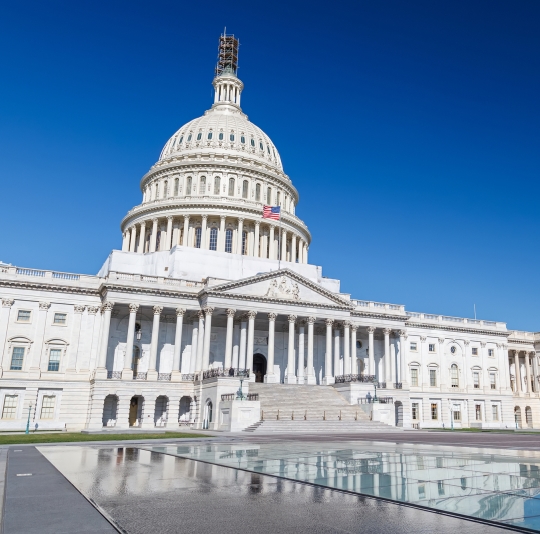Washington, DC -- Congresswoman Jennifer Wexton (D-VA) voted today to approve the fiscal year 2022 Labor, Health and Human Services, Education, and Related Agencies funding bill, which includes critical investments in child care and Early Head Start, gun violence prevention, mental health and substance abuse services, job creation, and K-12 and post-secondary education.
“This funding bill makes robust investments in our child care, education, and job training programs that Virginia families need to thrive, especially after the many financial challenges brought on by the COVID pandemic,” said Congresswoman Jennifer Wexton. “I’m proud to have worked successfully to include $1 billion for mental health professionals in K-12 schools, vital funding for the Gabriella Miller Kids First Pediatric Research Program, desperately needed support for domestic violence service providers, and new resources to better understand and prevent gun violence in our communities. As founder of the Congressional Task Force on Digital Citizenship, I’m especially pleased to have secured support for raising awareness of the need for digital citizenship education for our K-12 students as well as for research into the harmful impacts technology and screen time can have on children’s physical and mental health and long-term development.”
For 2022, the bill provides $253.8 billion, an increase of $55.2 billion -- 28 percent -- above 2021. As a member of the Appropriations Committee, Congresswoman Wexton fought successfully to include:
- $1 billion dollars in funding to increase the number of qualified, well trained mental health professionals, including school counselors, social workers, psychologists, or other mental health professionals qualified to provide school-based mental health services;
- Language directing the Department of Education to raise awareness of digital citizenship education in K-12 schools;
- Prioritizing research at the National Institutes of Health (NIH) on the cognitive, physical, and socioemotional impacts of technology on young people and encouraging a study into the repercussions of increased technology use as it relates to suicidal thoughts and ideations among children;
- Funding for the Gabriella Miller Kids First Pediatric Research Program, named in honor of a Virginia-10 constituent who was diagnosed with an inoperable brain tumor and passed away at 10-years-old and which has made significant progress towards understanding childhood cancer and disease;
- Language that directs federal agencies to work together in creating a National Domestic Violence Prevention Action Plan to expand, intensify, and coordinate domestic violence prevention efforts among Federal, State, local, and tribal government agencies to ensure a whole-of-government, goal oriented, community-informed, forward looking approach in addressing domestic violence prevention in the U.S.
- Increases in funding for domestic violence services and prevention efforts at the Department of Health and Human Services, especially given the spike in need for services during the COVID pandemic and absence of adequate funding from Victims of Crimes Act (VOCA) enforcement which has put many service providers on the brink of collapse.
The legislation also:
- Creates and sustains good-paying American jobs through investments in job training, apprenticeship programs, and worker protection;
- Grows opportunity with transformative investments in education, including record funding for high-poverty schools and students with disabilities, and strong increases for programs that expand access to post-secondary education;
- Supports middle class and working families with increased funding for child care and development programs, Head Start, and preschool development grants;
- Strengthens lifesaving biomedical research with increased funding for the National Institutes of Health, including funding to establish the Advanced Research Projects Agency for Health;
- Bolsters our public health infrastructure with more resources for the Centers for Disease Control and Prevention and for states and local governments to strengthen infrastructure and capacity;
- Addresses our nation’s most urgent health crises, including maternal health, mental health, gun violence, and opioid abuse, while making strides to reduce persistent and unacceptable health disparities;
- Advances equal treatment for women by increasing funding for the range of health services, including family planning, covered by Title X and repealing the discriminatory Hyde Amendment.
A summary of the bill is here. The text of the bill, before the adoption of amendments in full Committee, is here. The bill report, before the adoption of amendments in full Committee, is here. In keeping with the Appropriations Committee’s commitment to transparency, information on Community Project Funding in the bill is here.
###



